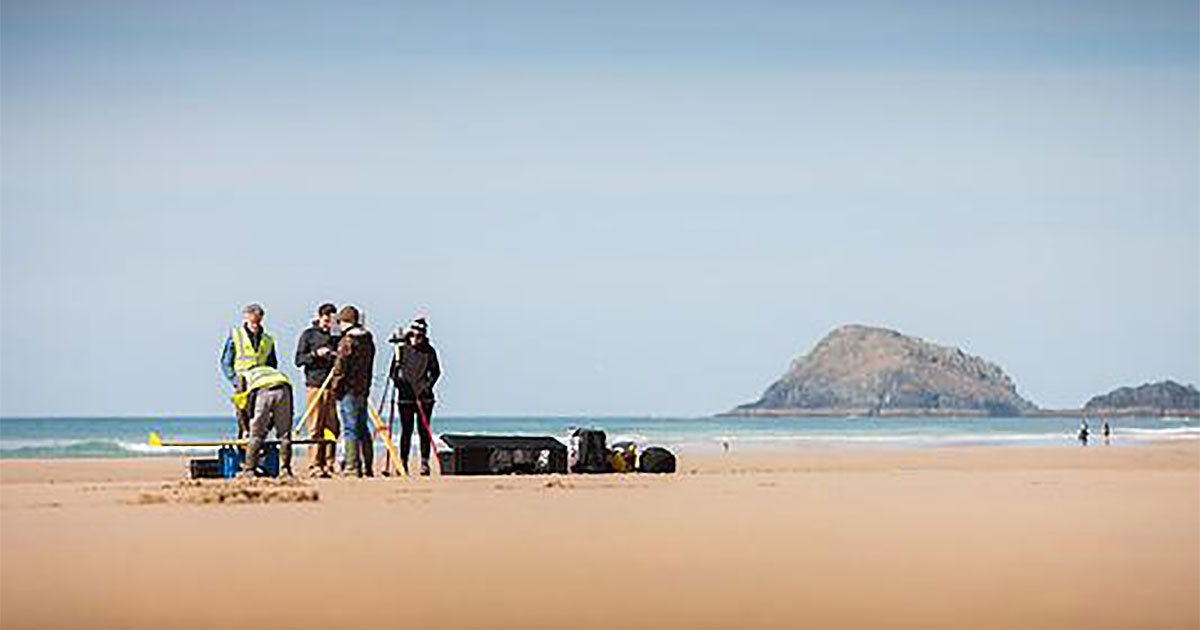Scientists have produced the first detailed estimates of how much sediment is transported onto the shores of coral reef islands, and how that might enable them to withstand the future threats posed by climate change.
Coral reef islands are low-lying accumulations of sand and gravel-sized sediment deposited on coral reef surfaces.
The sediments are derived from the broken down remains of corals and other organisms that grow on the surrounding reef. Therefore, the rate of supply of sediment from reefs is a critical control on island formation and future change.
The international team of researchers used data available for 28 reef islands in the Indian and Pacific Oceans, widely acknowledged to be among the world’s most vulnerable environments to rising seas.
By identifying the amount of sediment present within reef islands and comparing this against the known age of the islands, they were able to determine the average amount of sediment delivered to the islands from surrounding coral reefs over their histories.
They discovered that on average, for every meter of shoreline, around 0.1m3 (equivalent to around 100 kg) of sediment is delivered to the islands per year.
It means that for an island with a perimeter of around 2,000 m, just over 300 dumpy bags of reef-derived sediment are added to the island each year.
They also estimated that only a quarter of the sediment generated on reef surfaces actually reaches the island shoreline and is used for island-building, with the remainder staying within its reefs, or being transported into the ocean or lagoon.
Writing in Geophysical Research Letters, the study’s authors say their findings could go some way to explaining a global observation that most of these islands have grown over the past few decades.
This is in spite of the perception that rising sea levels might erode their shorelines, and disregards artificial island expansion created by local populations.

(Image credit: University of Plymouth)
The research was carried out by experts from the University of Plymouth and National University of Singapore, who have collaborated for many years to examine the threats posed to coastal communities by climate change.
They have previously published research suggesting that so-called island ‘drowning’, whereby remote islands will be flooded as sea levels rise, is not inevitable.
The new study is the first to be produced through the Natural adaptation of atoll islands to sea-level rise offering opportunities for ongoing human occupation (ARISE) project, a £2.8 million initiative being funded UK Research and Innovation’s Horizon Europe Guarantee program.
The five-year project will include a series of extensive field tests—using state-of-the art coastal process research instrumentation and autonomous survey equipment—in both the Maldives and the Pacific between now and 2027.
There will also be laboratory experiments in the largest wave flume in the world—the Delta Flume at Deltares in the Netherlands—and combined, these tests will enable researchers to explore the impact of over washing on the islands’ beaches and any natural processes that are adding to their resilience.
The researchers also aim to work with communities and government bodies in the atoll island nations, enabling them to implement adaptation strategies that maximize opportunities for continued habitation.



